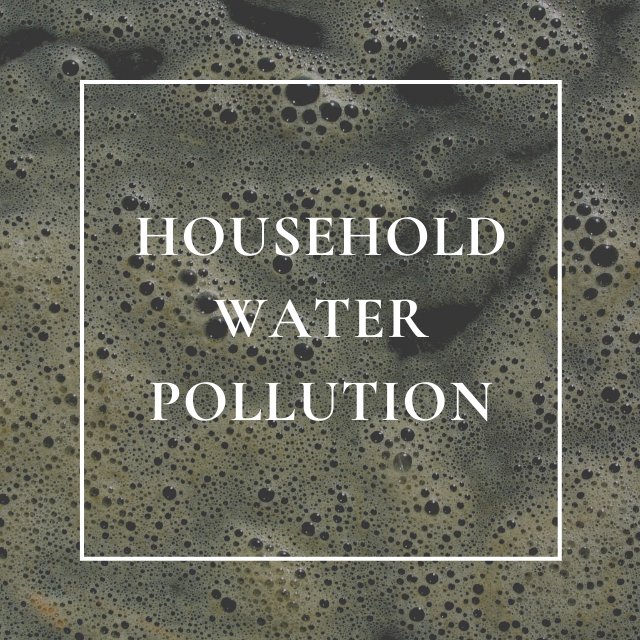This house may look normal, but it doesn’t have any normal fittings or furniture. This house could be a solution to China’s household pollution problem.

It may not look like it, but this is a water treatment site.

When filtering the water, pollutants and dangerous contaminants are removed.
The bio-filter technology plays a strong role in reducing the affects of household pollution.
As a result, more small sites like this are appearing across China.
Domestic Water Pollution
Domestic wastewater is a huge problem for China.
In 2015, the majority of China’s 74 billion tonnes of wastewater came from household sources. However, this problem is worse in small villages.

While the population grows, so do the problems linked with large populations and household pollution. It can cause the dirty water to run into large bodies of water, such as rivers and lakes.
As many as one third of China’ rivers are not clean enough for human use.
Also important, according to the World Economic Forum, China has one of the largest populations in the world and only 7% of clean water.
Due to this, 1.2 billion people have a demand for clean water every day.
This means that the Chinese water resources are under a lot of strain from growing agricultural and industrial needs.
Furthermore, as of 2015, only 11.4% of China’s villages reaped the benefits of wastewater treatment facilities.
In general, more treatment plants like these will go a long way in improving the life of communities.
China’s Household Pollution Solution
Apart from being nicer to look at, cleaner wastewater is less likely to cause environmental problems.
For locals, the benefits are clear:
- Dirty water goes in and comes out clean
- Releasing the water into rivers won’t harm the environment

In China, the systems process more than 100,000 tonnes of water every day. The water quality is improving. China’s ministry of Ecology and Environment supports this too.
In 2018, 1940 samples were taken from water resources, 71% showed that they can be used for drinking and fishing.
This showed an increase of 3.1% compared to 2017’s results.
The discussion above proves that there can be a solution to China’s household pollution!


